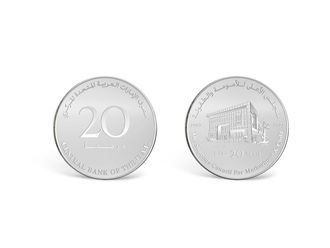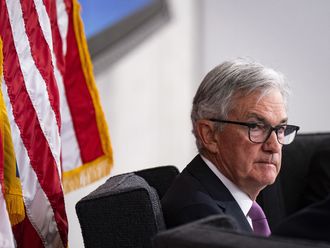
Washington: The World Bank said Sunday that it is setting up a regional initiative in cooperation with the Islamic Development Bank (IDB) that could raise up to $1 billion to close the infrastructure gap in the Middle East and North Africa (Mena), which will undermine the region’s growth if not urgently addressed.
The Middle East and North Africa region needs to invest between $75 billion and $100 billion a year to sustain the growth rates that have been achieved in recent years and to boost economic competitiveness, the World Bank said. It added that private sector investment in infrastructure in Mena countries is limited, especially outside the Gulf countries despite huge unmet demand for infrastructure services.
Sunday’s announcement aims at addressing this shortfall and brings together the World Bank Group with the Islamic Development Bank as potential anchor investors in a regional investment vehicle to support both conventional and Shariah-compliant investment in infrastructure.
“This regional initiative will unlock new flows of private sector investment to help countries like Egypt, Morocco, Jordan or Tunisia eager to push ahead with critical infrastructure projects that will drive competitiveness and boost much needed job creation,” said Robert Zoellick, World Bank Group President.
He added that the proposed regional initiative would include technical assistance to help governments tackle legal, policy and institutional constraints to public-private-partnerships and develop cross-border infrastructure projects vital to regional integration and competitiveness.
“The Islamic Development Bank is excited to be part of this initiative as we know there is a pipeline of viable infrastructure projects out there and unmet demand,” said Ahmad Mohammad Ali, President of the institution headquartered in Jeddah. “The facility will have the flexibility to structure investments in accordance with Shariah principles which will attract untapped, alternative sources of financing.”
Both the Islamic Development Bank and the International Finance Corporation (IFC), the private sector arm of the World Bank Group, will work together to explore ways of providing project finance in both conventional and Shariah-compliant products, which would seek to attract private investors, especially from Gulf countries.
"Infrastructure is one of our most important priorities in the Middle East and North Africa,” said Lars Thunell, Executive Vice President and CEO of IFC. “Large investments in infrastructure are needed across the region. This facility will demonstrate the viability of infrastructure investments for both the private sector and governments, which in turn will help increase investments in this sector and improve services for a rapidly growing population."
IFC's approach to infrastructure projects includes advising governments in structuring innovative public-private partnerships and financing precedent-setting transactions. In particular, IFC supports cross-border projects from Gulf countries into emerging markets that commercial banks would consider too risky without IFC’s involvement. Over the past four years, IFC has invested more than $1 billion in infrastructure projects in Mena.












